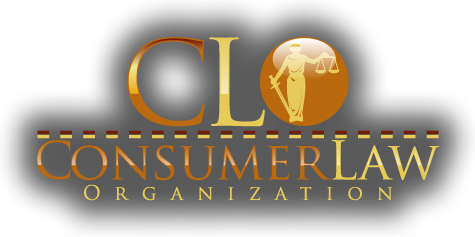Debt Collector Violations
Our consumer rights attorneys are here to assist you with your debt collection(s) issues. J.Dennis Card Jr, Esq. and Andrew I. Glenn, Esq are here to answer your questions. If you have debt collectors calling you at home, at work, on you cellular phone even when you ask them to stop, click here for a free consultation.
We have offices in Ft. Lauderdale and Orlando and we are here to protect your rights.
30 Most Common Debt Collector Violations
Debt collectors may not harass or abuse you by:
* Making repeated and continuous phone calls
* Making annoying, harassing and abusive phone calls
* Telling others about your debts, like your neighbors or co-workers.
* Contacting you without disclosing their identity
* Contacting anyone except you, your attorney, or a credit bureau (with very limited exceptions)
* Threatening to have you arrested if you do not pay your debts.
* Threatening any action they do not intend to take, such as lawsuit or wage garnishment
* Using profane or abusive language
Debt collectors may not contact you:
* After they know you are represented by an attorney
* At any unusual time (before 8 a.m. or after 9 p.m.) or place
* Cannot Call you at work if they know that your employer prohibits it, or if it’s inconvenient for you.
* After written notification (from you to them) that you refuse to pay debt
* After written notification to cease all further communication
Debt collectors may not make false, deceptive or misleading statements:
* Threatening to take any action that cannot legally be taken or that is not intended to be taken
* Falsely threatening an imminent law suit or wage garnishment
* Leading you to believe he/she is an attorney or that a phone call or letter is from an attorney
* Falsely threatening criminal prosecution or jail
* Misrepresenting the amount or legal status of the debt
* Falsely implying affiliation with the United States or any state, including the use of any badge and/or uniform
* Sending a collection letter or leaving a voice mail that fails to contain the mini-Miranda warning: "THIS IS AN ATTEMPT TO COLLECT A DEBT. COMMUNICATION IS FROM A DEBT COLLECTOR"
* Misrepresenting themselves as being employed by a consumer reporting agency
* Communicating false credit information, including failure to communicate to credit bureaus that a debt is disputed
Debt collectors may not use unfair practices, such as:
* Attempting to collect an amount not authorized by contract or permitted by law
* Depositing or threatening to deposit your post- dated check prior to its date
* Accepting or soliciting your check postdated by more than 5 days without 3 business days written notice of intent to deposit
* Causing any charges to be made to you, e.g., collect telephone calls, usage of cell phone minutes
* Taking or threatening to unlawfully repossess
* Communicating with you by postcard
* Displaying any language or symbol on the envelope indicating the communication concerns debt collection
Debt collectors must provide certain notices:
* Within 5 days of initial communication, a debt collector must provide you with a 30-day validation notice containing:
* The amount of the debt
* The name of the original creditor to whom the debt is owed
* A statement that, unless you dispute the validity of the debt or any portion of it within 30 days after receipt of the notice, the debt can be assumed to be valid by the debt collector
* A statement that, if you notify the debt collector in writing within the 30-day period that the debt or any portion is disputed, the debt collector will obtain verification of the debt or a copy of the judgment against you and a copy will be mailed to you
*
* The debt collector MUST cease collection efforts until it mails you a verification of the debt.
* A statement that the debt collector will provide you with the name and address of the original creditor (if different from the current creditor) upon your request within the 30- day period
